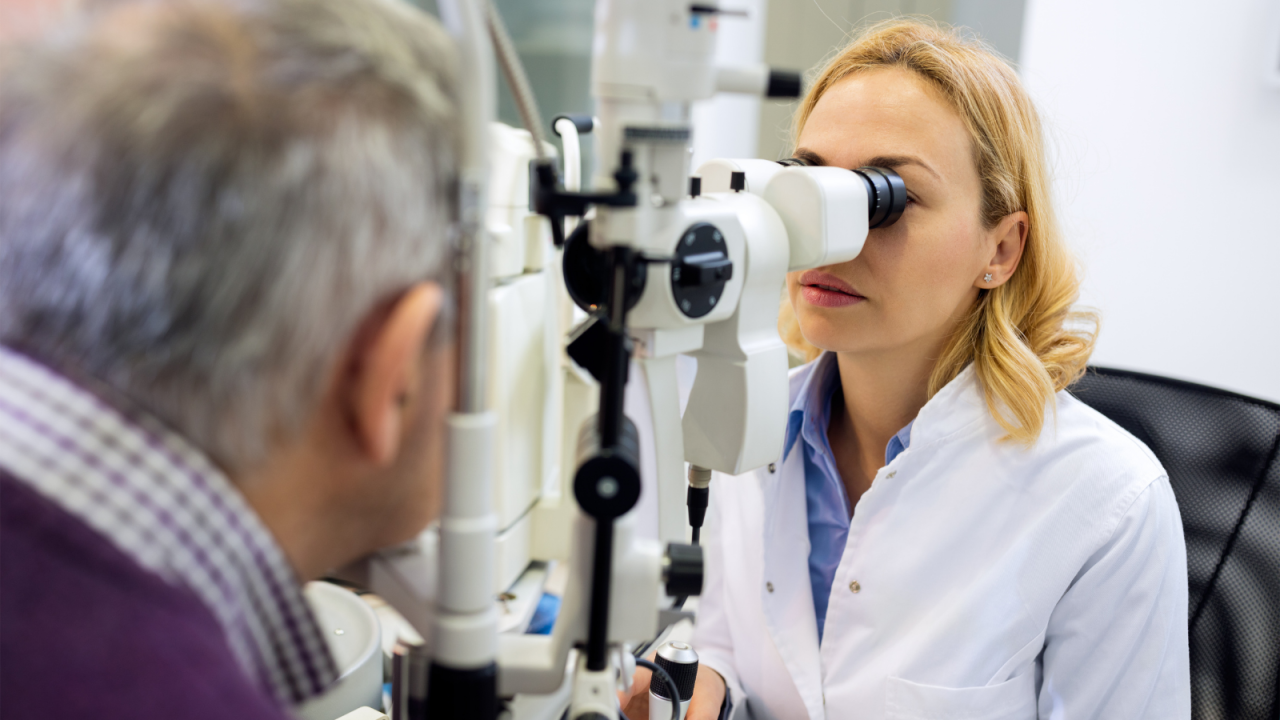The Art And Science Of Ophthalmology: Insights From An Eye Doctor
Step into the fascinating world of ophthalmology and discover the art and science behind it with insights from an experienced eye care doctor. In this insightful article, we delve into the intricate workings of the human eye, the diseases and conditions that can affect it, and the advanced technologies and treatments used to preserve and restore vision.
With years of expertise in the field, our eye care doctor brings a wealth of knowledge and a passion for helping patients maintain optimal eye health. This article provides a comprehensive overview of ophthalmology, from exploring the anatomy of the eye to discussing common eye disorders such as cataracts and glaucoma.
The Importance Of Eye Health
Our eyes are a window to the world, a place where we can experience the beauty and wonder that surrounds us. Our perception allows us to appreciate this beauty and wonder. Yet, many of us take our eyesight for granted until problems arise. Maintaining sound eye health is crucial for a high quality of life. Regular eye exams can detect problems early on, ensuring prompt treatment and preventing irreversible damage.
Eye diseases and conditions can affect people of all ages, from newborns to the elderly. Factors such as genetics, age, and lifestyle habits can contribute to the development of eye problems. Adopting healthy habits is essential, and one such tradition is wearing sunglasses. Protecting against harmful UV rays and eating a balanced diet rich in antioxidants can significantly reduce the risk of eye problems.
Common Eye Conditions And Their Causes
Understanding common eye conditions and their causes is essential for identifying symptoms and seeking appropriate treatment. Cataracts, for example, are a leading cause of vision loss in adults. They occur when the eye’s lens becomes cloudy. Age, diabetes, and prolonged exposure to sunlight are common risk factors for cataracts.
Glaucoma, on the other hand, is A collection Of several eye conditions that can cause damage to the optic nerve. It often develops slowly and can lead to irreversible vision loss if left untreated. Certain factors can increase the likelihood of developing glaucoma. Are advanced age, a family history of the disease, and other related factors. It is essential to be aware of these risk factors and monitor your eye health accordingly. And certain medical conditions such as diabetes and high blood pressure.
The Role Of An Eye Doctor
An eye care doctor, also known as an ophthalmologist, is a person who has expertise in identifying and curing medical conditions and is known as a specialist in eye diseases and disorders. Their contribution is vital in maintaining and recovering vision, ensuring patients receive the best care for their eye health needs.
Eye doctors undergo extensive training and education to develop the skills to diagnose and treat a wide range of eye conditions. From performing comprehensive eye exams to prescribing eyeglasses and contact lenses, they have the knowledge and expertise to address various eye health concerns.
The Art Of Diagnosing And Treating Eye Conditions
Diagnosing and treating eye conditions require a delicate balance of art and science. Eye doctors employ a combination of clinical expertise, advanced diagnostic tools, and patient interaction to provide personalized care. They carefully analyze symptoms, perform thorough examinations, and interpret test results to make accurate diagnoses.
Treatment options for eye conditions vary depending on the nature and severity of the problem. Noninvasive approaches, such as lifestyle changes and prescription medications, are often the first line of treatment. It may be required to undergo surgical procedures in more extreme cases. Correct vision problems or address underlying issues.
The Science Behind Ophthalmology – Advancements In Technology
Advancements in technology have revolutionized the field of ophthalmology, enabling more accurate diagnoses and safer, more effective treatments. For example, LASIK surgery has transformed the lives of millions of people by correcting refractive errors such as nearsightedness, farsightedness, and astigmatism.
Innovative diagnostic tools, such as optical coherence tomography (OCT), allow eye doctors to visualize the retina in incredible detail, aiding in the early detection and monitoring of conditions like macular degeneration and diabetic retinopathy. The limits are being pushed further by these technological advancements. Possible in the field of ophthalmology.
Preparing For An Eye Exam
Regular eye exams are vital for maintaining eye health and detecting potential problems. Before your appointment, you must prepare by gathering relevant medical information and writing down any questions or concerns. During the exam, the eye care doctor will evaluate your visual acuity, check for refractive errors, and assess the overall health of your eyes.
Be sure to communicate any symptoms or changes in your vision, which will help the eye doctor diagnose accurately. Following the exam, the doctor will discuss their findings with you and recommend any necessary treatments or interventions. Remember, early detection and intervention can often prevent or minimize the impact of eye conditions.
Tips For Maintaining Good Eye Health
In addition to regular eye exams, there are several steps you can take to maintain good eye health. Protecting your eyes from harmful UV rays by wearing sunglasses with proper UV protection is crucial, especially during sunny days or when engaging in outdoor activities. A diet rich in fruits and vegetables, notably those high in vitamins C and E, zinc, and omega-3 fatty acids, can also support healthy eyes.
Additionally, practicing good hygiene, such as washing your hands before touching your eyes and avoiding rubbing them excessively, can reduce the risk of infections. Finally, taking regular breaks from digital screens and practicing the 20-20-20 rule (looking away from the screen every 20 minutes and focusing on something 20 feet away for 20 seconds) can help alleviate digital eye strain.
Finding The Right Ophthalmologist For You
Finding the right ophthalmologist is essential for your eye health. Start by requesting recommendations from friends, family, or primary care physicians from Grand Forks Clinic. Research potential ophthalmologists online, paying attention to their qualifications, experience, and patient reviews. It’s also essential to consider factors such as the location of the practice, availability of appointments, and whether they accept your insurance.
Once you’ve narrowed your options, schedule consultations with a few ophthalmologists to discuss your eye health needs and ask any questions. During these consultations, please pay attention to how comfortable you feel with the doctor, their communication style, and their willingness to address your concerns. Choosing an ophthalmologist who listens to you and makes you feel heard is crucial for a positive patient-doctor relationship.
Conclusion: The Future Of Ophthalmology
As technology advances and our understanding of the human eye deepens, the future of ophthalmology holds excellent promise. From gene therapies that could cure inherited eye diseases to artificial intelligence-driven diagnostic tools, the field is constantly evolving to provide better patient care and outcomes.
By prioritizing regular eye exams, adopting healthy habits, and seeking timely treatment, we can protect our precious gift of sight and ensure a lifetime of clear vision. Whether you’re considering a career in ophthalmology or simply seeking insights into maintaining your eye health, the art and science of ophthalmology offer a captivating journey into the wonders of the human eye.






